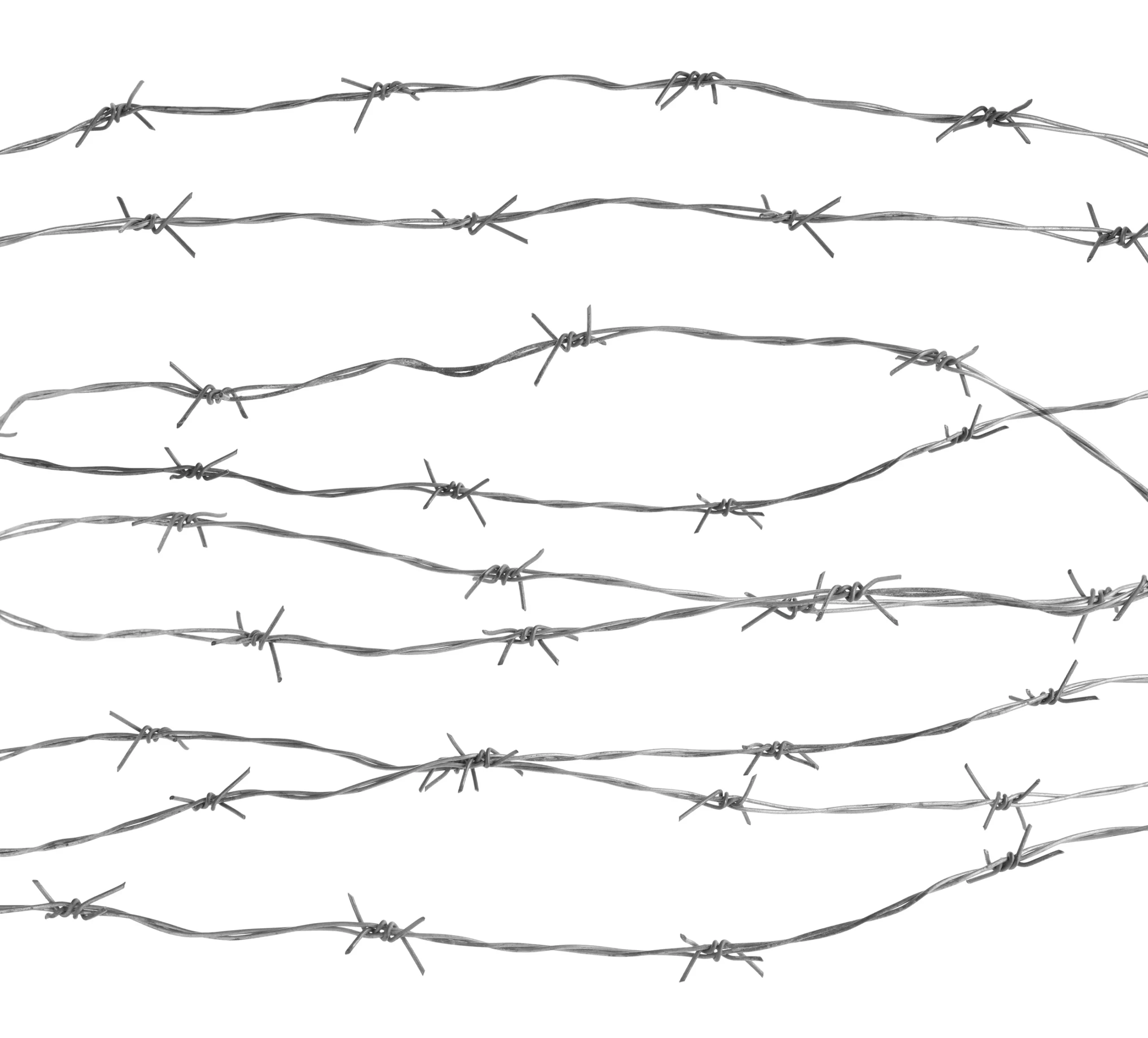Acquired Brain Injury (ABI) refers to any damage to the brain that occurs after birth, resulting from traumatic events like accidents or non-traumatic causes such as strokes or infections. This condition can lead to a wide range of challenges, affecting cognitive abilities, physical functioning, emotional regulation, and social interactions. The impact of an ABI on daily life and personal growth can be profound, altering levels of independence and requiring significant adjustments by both the person affected and their family.
At Assured Healthcare and Wellness, we specialise in providing compassionate, personalised care for people with ABI. Our approach encompasses a comprehensive understanding of each person’s unique challenges and crafting treatment plans that support quality of life improvement. We focus on integrating therapeutic strategies, cognitive rehabilitation, and physical recovery processes, all within the familiar environment of the client’s home.
Acquired Brain Injury Treatment Approach at AHW
At Assured Healthcare and Wellness, our approach to treating acquired brain injury is centred on a thorough, individualised assessment to develop a customised care plan tailored to each person’s specific needs and challenges.
We recognise the diverse effects of ABI, and our home-based care strategy is carefully designed to support cognitive, physical, and emotional recovery. Our comprehensive treatment includes:
- Cognitive Rehabilitation Therapy: Designed to improve cognitive functions such as memory, attention, and executive functions through structured activities and exercises facilitated in the comfort of our client’s home.
- Physical Therapy and Rehabilitation: Aimed at restoring physical abilities and mobility, including balance, coordination, and strength training, essential for regaining independence.
- Emotional and Psychological Support: Providing support for emotional adjustment, coping strategies for behavioural changes, and assistance with mental health conditions that may arise post-injury.
By focusing on a multidisciplinary approach that addresses the holistic needs of those recovering from ABI, we ensure treatment is effective and empowers people to achieve their highest potential for recovery and reintegration into daily life.
The AHW Difference in Acquired Brain Injury Treatment
At Assured Healthcare and Wellness, we redefine the rehabilitation journey for people with acquired brain injury through our specialised, at-home care approach. Tailored specifically to the unique challenges that can present with ABI, our service is distinguished by the following strategies:
- Customised Rehabilitation Pathways: We recognise the unique trajectory of each ABI recovery journey, and each aspect of the rehabilitation plan is customised to your specific recovery goals and challenges.
- Integrated Support Systems: Our model goes beyond traditional therapies by incorporating support systems directly into our client’s living spaces. These might include advice on environmental modifications to enhance safety and independence, and technologies and tools that facilitate daily activities and cognitive functions.
- Proactive Adaptation to Recovery Milestones: ABI recovery is marked by milestones that vary widely between people. Our approach proactively adapts to these milestones, adjusting treatment plans in real-time to align with our client’s evolving needs. This fluidity ensures optimal support through each phase of recovery.
- Empowerment Through Engagement and Autonomy: We empower our clients to actively participate in their recovery. We aim to improve function and enhance self-efficacy and independence through tailored cognitive and physical rehabilitation programmes, paving the way for a fulfilling life post-injury.
Opting for AHW means choosing a partner who acknowledges the person behind the injury and offers recovery support and a pathway to rediscovering independence and quality of life.
Symptoms of Acquired Brain Injury
Acquired brain injury can manifest through a diverse array of symptoms, reflecting the varied nature of brain injuries and their impact on different brain regions. Recognising these symptoms is key when tailoring a comprehensive treatment plan:
- Cognitive Changes: Difficulties with memory, attention, and processing information can significantly disrupt daily activities and independence. ABI may also impair problem-solving skills and judgement, making familiar tasks challenging.
- Physical Symptoms: Physical effects can include weakness or paralysis, balance and coordination problems, fatigue, and changes in sleep patterns. Some people may experience speech and language difficulties, which can affect communication.
- Emotional and Behavioural Changes: ABI often leads to emotional regulation issues, such as increased irritability, mood swings, or depression. Changes in personality and behaviour, including impulsivity or apathy, are also common, impacting social interactions and relationships.
- Sensory Impairments: People may experience changes in vision, hearing, or sensitivity to light and sound. Alterations in taste and smell can also affect appetite.
Tailored support that focuses on enhancing quality of life and promoting the greatest possible recovery is essential for addressing these symptoms, as early identification and professional support play critical roles in navigating the complexities of ABI recovery.
Types of Acquired Brain Injury
Acquired brain injuries cover an array of conditions that stem from many causes and leave distinct imprints on the brain’s functioning and structure. Understanding these types is essential to developing targeted rehabilitation strategies:
- Traumatic brain injury (TBI) results from external forces, such as falls, motor vehicle accidents, or sports injuries. TBIs range from mild concussions to severe brain damage, affecting cognitive, physical, and emotional functioning.
- Stroke occurs when blood flow to a part of the brain is blocked or a blood vessel in the brain bursts, potentially leading to permanent brain damage. Strokes can result in a wide range of functional impairments, depending on the affected brain area.
- Anoxic and hypoxic injury is caused by a lack of oxygen to the brain (anoxic) or reduced oxygen supply (hypoxic). These injuries can occur from events like cardiac arrest or carbon monoxide poisoning, leading to widespread cognitive and physical effects.
- Infectious and inflammatory conditions like meningitis or encephalitis and conditions causing inflammation, such as autoimmune diseases, can also lead to ABI, impacting brain function and overall health.
Each type presents unique challenges and recovery trajectories, so Assured Healthcare and Wellness collaborate closely with the relevant specialists to ensure that our treatment strategies are supported by the proper clinical expertise.
This partnership enables us to offer comprehensive evaluations and tailor rehabilitation programmes that directly address the individual requirements of your or your loved one’s condition. Reach out to us to explore how our specialised care can support a path toward optimal recovery.



